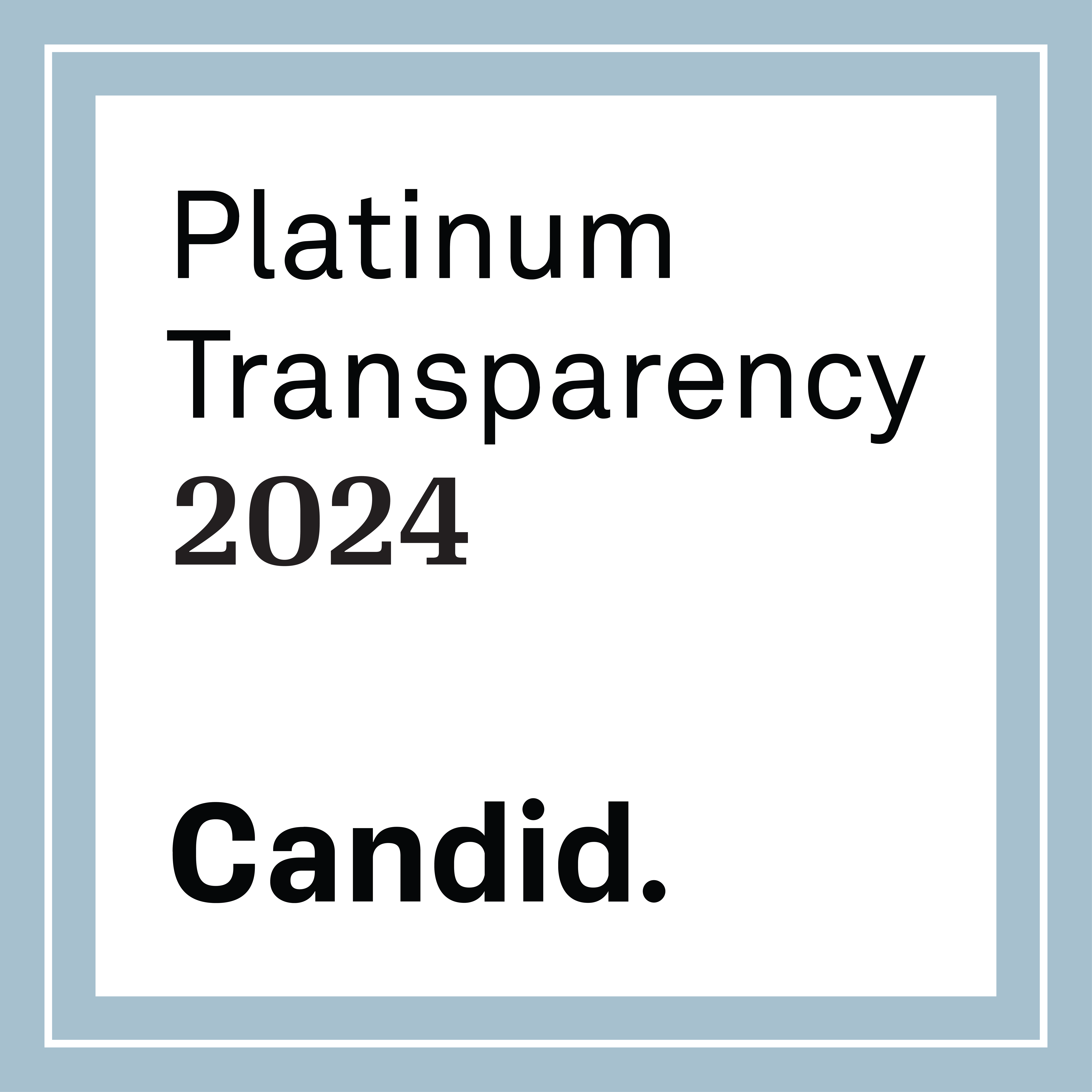Written By: Christie A.
The Universal Declaration of Human Rights was enacted by the UN and serves as a rallying point for Governments, Civic Organizations, Foundations, Philanthropists, Universities and the general public to a shared standard. The hope is that through the incorporation of these rights, into respective areas of influence, we will see united efforts towards securing these rights for more people. Through multi-channel collaboration, we hope to see these rights become reality and lives enhanced.

There are three ways that the discussion around Human Rights can play an important component in the fight against trafficking.
1. Human Rights create a shared language and values for all humankind. Through agreeing on a standard for how people should be treated and a common language to express those values, we overcome hurdles and work towards seeing these rights become available for all.
2. Human Rights encourages us to take a victim-centered approach to anti-trafficking efforts. This means it encourages solutions and programs that build a better tomorrow for victims of trafficking.
3. Human Rights let us look at factors that lead communities to have increased vulnerability to traffickers. This allows us to look at the larger social issues that contribute to the trafficking of persons. For example, If the ability to earn a living wage (where a person can feed their family) is agreed upon as a right, then the lack of that right being secured for someone is an area of vulnerability; and it’s a vulnerability we know traffickers’ prey upon.
These three areas play out practically as it relates to anti-trafficking. One of the things we hear a lot, in larger discussions of trafficking and prostitution, is “girls choose this life.” Working with survivors over and over again the thing that you hear is that they had no choice, they had to “feed their kids, protect their family…” they had no control. If you look within The Universal Declaration of Human Rights, you find a commitment to education (availability and quality as found in Article 26) as well as good jobs (Articles 23 and 24.) The rights of mothers to a living wage that allows them to feed and care for their children (Article 25). Had these rights been secured for so many of the victims we work with, they would not have been trapped in trafficking. They wouldn’t have been lured by traffickers and they wouldn’t have felt stuck once they were in it.
We can readily admit that as aspirational as the International Declaration of Human Rights can be (knowing that millions of people around the world don’t possess the reality of these rights,) if we could secure them, it would make the world a better place for a lot of people. We can also reverse engineer the list. If these are the components that we believe are necessary for a good life, then in communities where these rights aren’t secured or are only secured for some, then they represent areas of vulnerability that can put children at risk.
If we can have these conversations with shared values and language, while putting the best interest of victims first; and securing communities before children can be preyed upon by traffickers, we can make huge headway in the fight against trafficking.
Learn more about what Human Rights are and why they are important.







